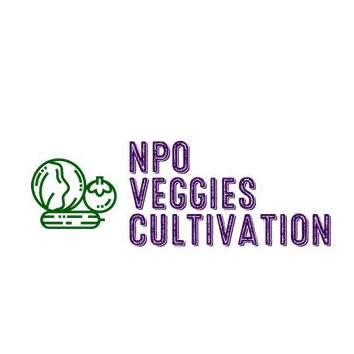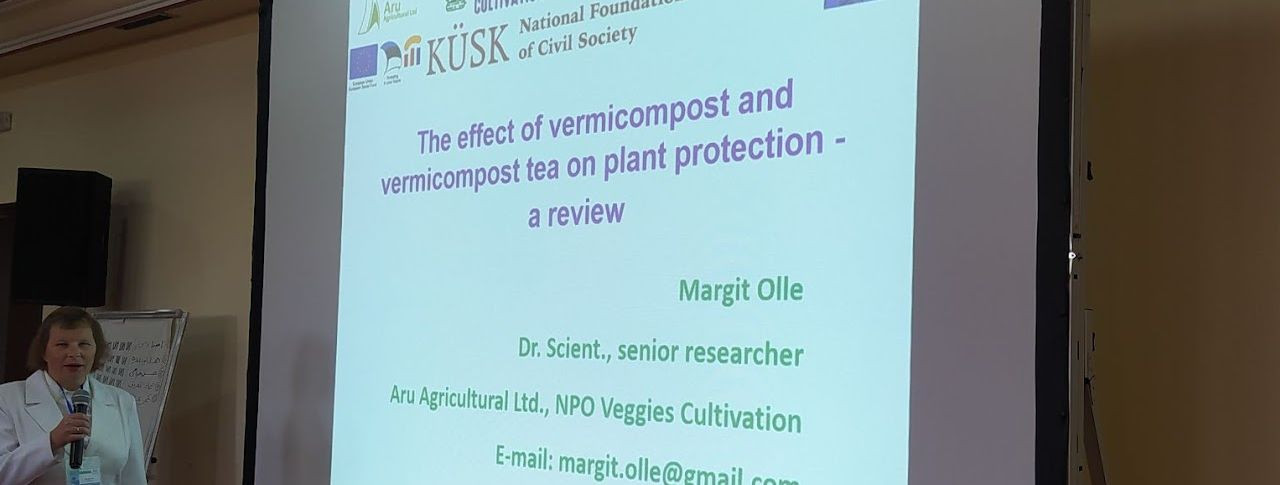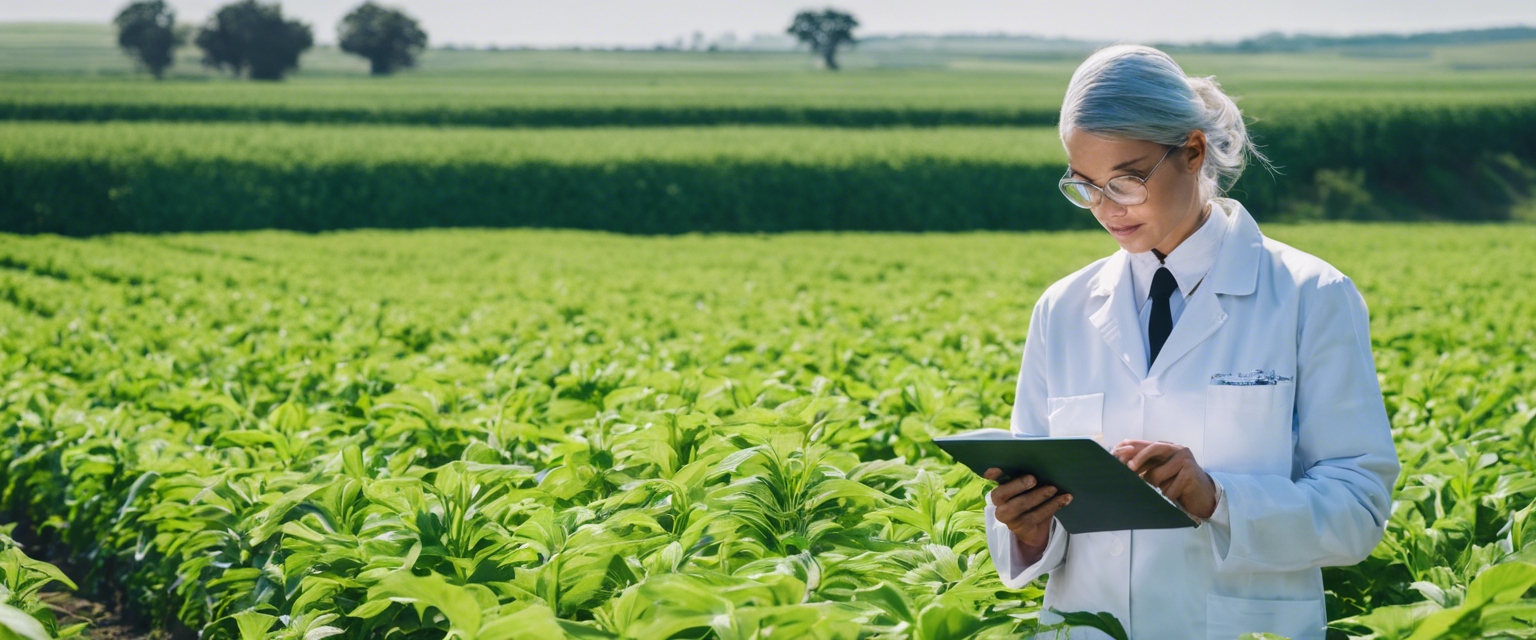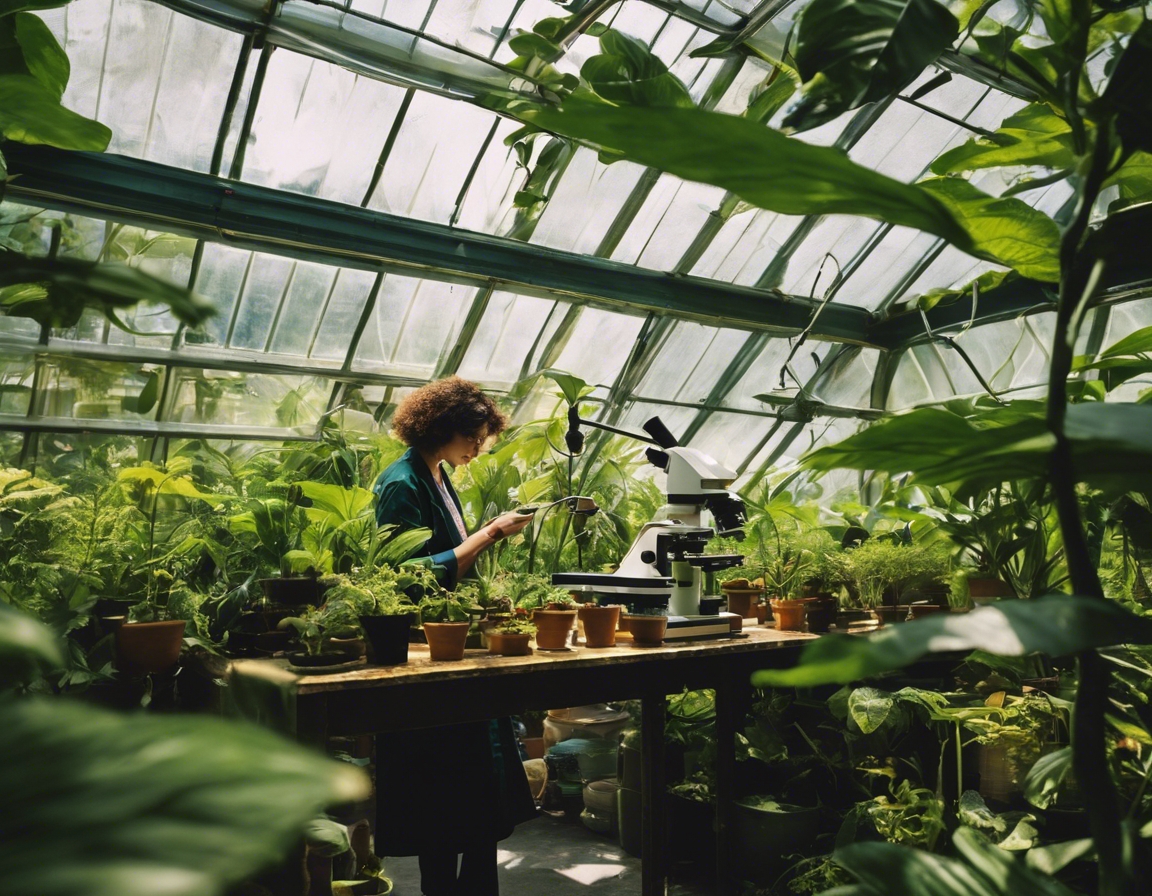Exploring the benefits of vermicompost in vegetable yield
Vermicomposting is an innovative and sustainable method of composting that utilizes earthworms to convert organic waste into nutrient-rich compost. This process not only helps in waste management but also enhances soil fertility, making it an ideal solution for organic farmers and sustainable agriculture enthusiasts. As the demand for eco-friendly farming practices grows, vermicomposting has emerged as a key player in improving vegetable yield and quality.
The Science Behind Vermicomposting
Vermicompost is the end product of the breakdown of organic matter by earthworms. It is rich in essential nutrients such as nitrogen, phosphorus, and potassium, as well as beneficial microorganisms that promote plant growth. The fine, granular texture of vermicompost improves soil structure, aeration, and water retention, making it an excellent soil amendment.
Earthworms are the driving force behind vermicomposting. They consume organic waste and excrete it as castings, which are rich in nutrients and beneficial microbes. The activity of earthworms also helps to aerate the soil, improving its structure and fertility. Different species of earthworms, such as Eisenia fetida, are commonly used in vermicomposting due to their efficiency in processing organic material.
Benefits of Vermicompost in Vegetable Yield
Vermicompost significantly enhances soil fertility by providing a balanced supply of essential nutrients. It contains a higher concentration of nutrients compared to traditional compost, which leads to improved nutrient availability for plants. This results in healthier and more robust vegetable crops.
The application of vermicompost has been shown to improve plant growth and health. The presence of growth-promoting hormones and enzymes in vermicompost stimulates root development and increases the plant's ability to absorb nutrients. This leads to increased vegetable yield and better quality produce.
Vermicompost has natural disease-suppressive properties. The beneficial microorganisms present in vermicompost help to suppress soil-borne pathogens, reducing the incidence of diseases in vegetable crops. This is particularly beneficial for organic farmers looking to minimize chemical inputs and promote plant health naturally.
Vermicomposting is an environmentally sustainable practice that reduces the need for chemical fertilizers and pesticides. By recycling organic waste into valuable compost, it helps to reduce landfill waste and lower greenhouse gas emissions. This aligns with the goals of sustainable agriculture and contributes to a healthier planet.
Application Techniques for Optimal Results
Vermicompost can be directly applied to the soil as a top dressing or mixed into the soil before planting. This method ensures that the nutrients are readily available to the plants, promoting healthy growth and increased yield.
Vermicompost tea is a liquid extract made by steeping vermicompost in water. This nutrient-rich solution can be used as a foliar spray or soil drench, providing plants with an immediate boost of nutrients and beneficial microbes.
For optimal results, vermicompost can be integrated with other organic farming practices such as crop rotation, cover cropping, and mulching. This holistic approach enhances soil health and promotes sustainable vegetable production.
Challenges and Considerations
Maintaining the right moisture levels is crucial for successful vermicomposting. Earthworms require a moist environment to thrive, and excessive moisture can lead to anaerobic conditions and foul odors. Regular monitoring and adjustment of moisture levels are essential for optimal vermicompost production.
While vermicompost is rich in nutrients, it is important to balance its application with other soil amendments to avoid nutrient imbalances. Soil testing and careful planning can help ensure that plants receive the right amount of nutrients for optimal growth.
Scaling vermicomposting for larger operations can present challenges in terms of space, labor, and resource management. However, with proper planning and investment in infrastructure, vermicomposting can be successfully integrated into large-scale vegetable production systems.






Comments (0)